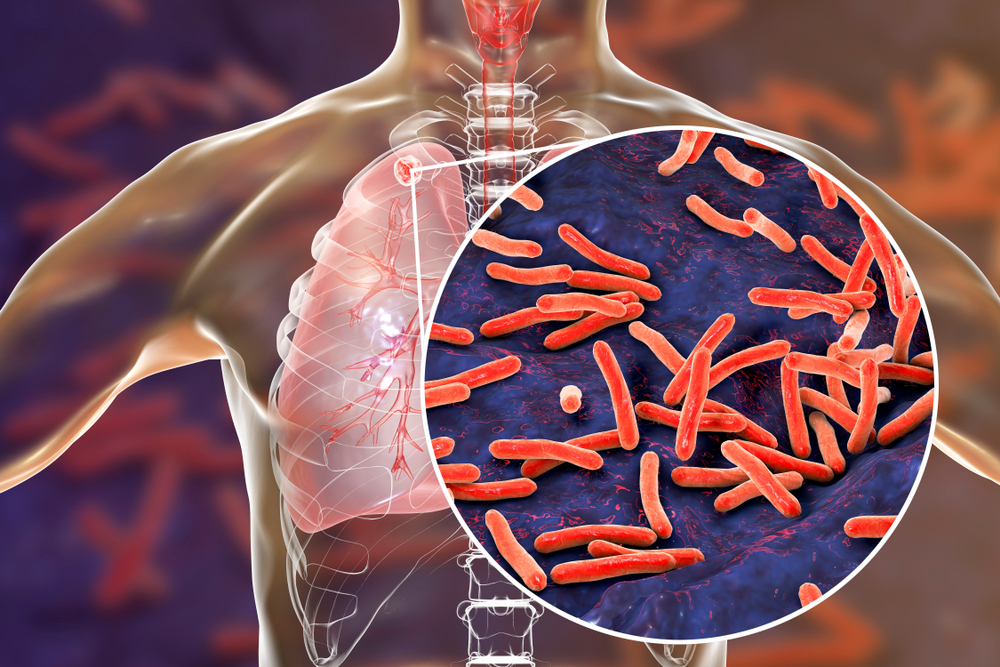
Officials at the National Institute of Allergy and Infectious Diseases (NIAID) authored an article in The Journal of Infectious Diseases that updates the institute’s progress on tuberculosis (TB) research.
Specifically, the article summarizes recent progress in improved TB diagnostics, therapeutic regimens, and prevention approaches that made 2019 a “banner year” for TB research. TB is a bacterial disease that has claimed the lives of more than a billion people in the past two centuries.
Advances in TB vaccine development in 2019 included preclinical and clinical results from several studies. A study in which the Bacille Calmette-Guerin (BCG) vaccine — the world’s only licensed TB vaccine — was administered intravenously (IV) instead of by the standard intradermal route resulted in a dramatic increase in efficacy. The authors also described the results of a Phase 2b trial of a candidate TB vaccine M72/AS01 — developed by GlaxoSmithKline — as “groundbreaking.” The trial enrolled 3,575 volunteers in three countries and demonstrated 50 percent efficacy in preventing the development of active pulmonary TB.
The challenge moving forward is to build on the momentum generated by these recent accomplishments, the authors wrote. Rapid, inexpensive, and accurate point-of-care diagnostics; new and more effective drugs; and new and improved vaccines that prevent transition from latent infection to active TB disease are all areas that need development.
The authors said ending TB within a generation is possible, but collaborative efforts that involve government, academia, industry, and civil society at all levels are required.




